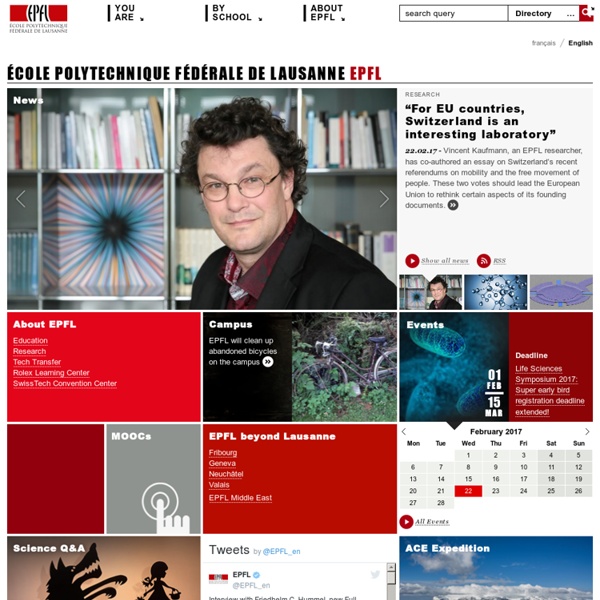3 Nov 2014
Have to ask
The Nanoscale Engineering program is dedicated to a multidisciplinary and international approach and it is suited equally well for students planning an academic or an industrial career. The two-year curriculum provides both the theoretical basis and the practical expertise in all fields related to the fabrication, the characterization and the design of nanoscale structures and systems. The program benefits from support by the technological platforms of three key laboratories in Lyon, as well as by major corporations in the Rhone-Alpes region. The annual student fee amounts to about 500 €, which is the standard rate for a Master in France and includes health insurance. Courses start in September each year and the application deadline is the 31st of May for non-EEA citizens and the first of July for EEA citizens.
Related:
Related:



